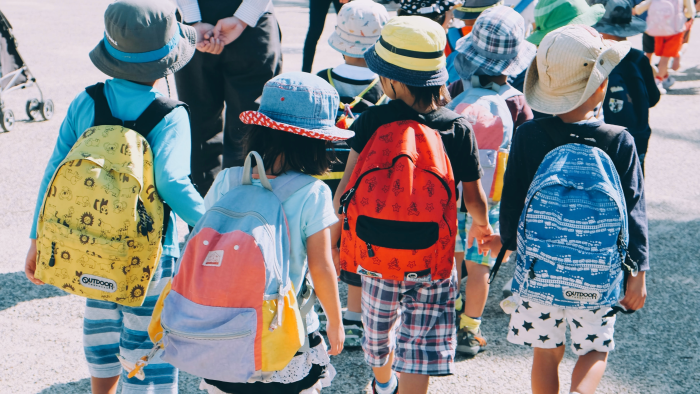EdTech needs Schooling
Students shouldn’t have to trade their right to privacy in order to access their right to an education.
The use of technologies in education has been expanding rapidly and accelerated even more as a response to the Covid-19 pandemic. During 2020-2021 lockdowns, in particular, states around the globe tried to replace in person classrooms with digital solutions allowing virtual participation using pre-existing tech solutions, such as Zoom. More often than not, that expansion hasn't been accompanied by appropriate safeguards or responsible practices to ensure respect for human rights, whether in procurement processess or data protection safeguards. Many EdTech solutions and their implementation in schools present huge issues.
Some EdTech has real potential to improve access to education, particularly in remote and underserved communities. Access to the internet and technology in classrooms is a hard fought struggle around the world, but an important one. However, it is vital that the introduction of technology to the classroom is accompanied by appropriate and robust human rights safeguards to ensure that every child around the world can safely access an education, without giving up their right to privacy or becoming hostages to a future of data exploitation.
After looking at the use of EdTech across the globe, we found that state agencies, companies, and schools all need to reconsider the way they operate. To ensure the safety of the children they are responsible for: EdTech needs Schooling.
Over the coming years we will be tracking the use of EdTech around the world, bringing to the forefront instances falling short of human rights protections, working with our partners to intervene to push for stronger safeguards, and developing guidance, safeguards, and support for those responsible for EdTech to ensure that children's rights to privacy and education are protected.
What is Education Technology (EdTech)?
EdTech is a collective name for software that is used for educational purposes, in an educational setting, or processes student's data. That includes software used to administer the school such as databases used to hold students' data, systems used to deliver teacher's lessons and materials, such as Google Classroom or Zoom, and systems that provide lessons themselves, such as Khan Academy or Duolingo.
Why are technologies used in Education concerning?
Schools are specific and fraught environments. Frequently neither children nor their parents, have a choice in whether they can attend school, or which school they attend, and little to no say in what type of technology their school uses. However, the data gathered - and sometimes shared - about children's lives in school can follow them for the rest of their lives and can be extremely sensitive. Students should not have to trade their right to privacy in order to gain access to their right to education.
What is PI doing about it?
- We have been tracking the use of EdTech around the world.
- We conduct research on technologies and how they are used in schools in specific countries, such as India and others, in order to expose the lack of compliance with basic human rights standards.
- We advocate before national and international bodies regarding our concerns regarding the EdTech solutions that have been introduced and recommending them to take steps to protect students’ rights to privacy and access to education.
- Together with our global network, we advocate and campaign to protect the rights to privacy, access to education, and autonomy.
